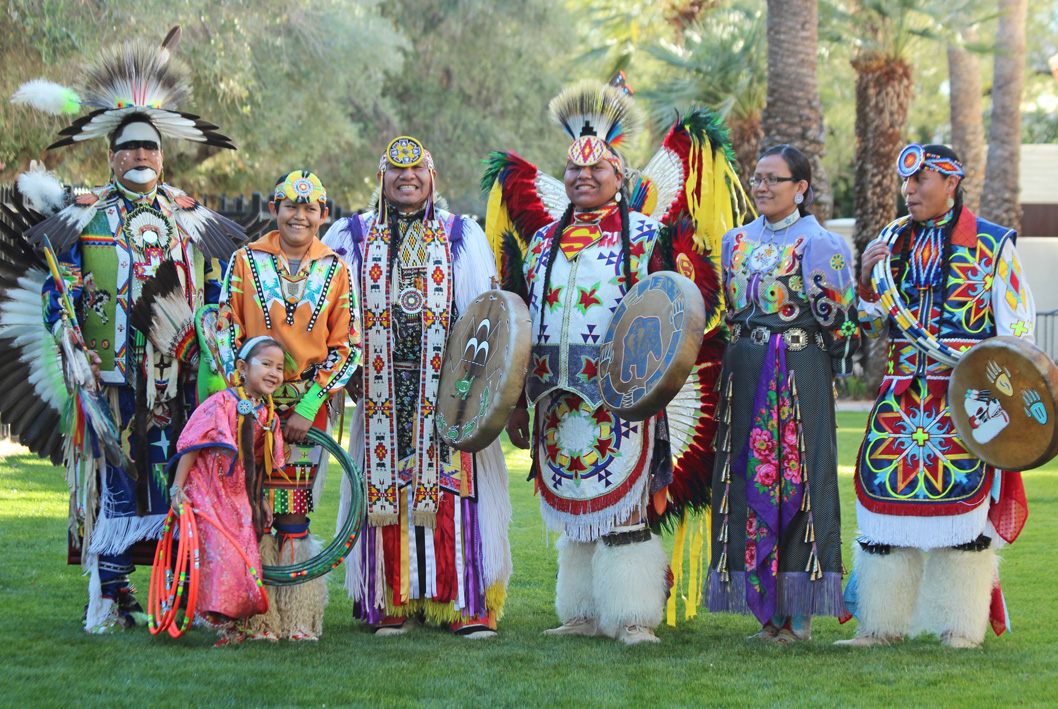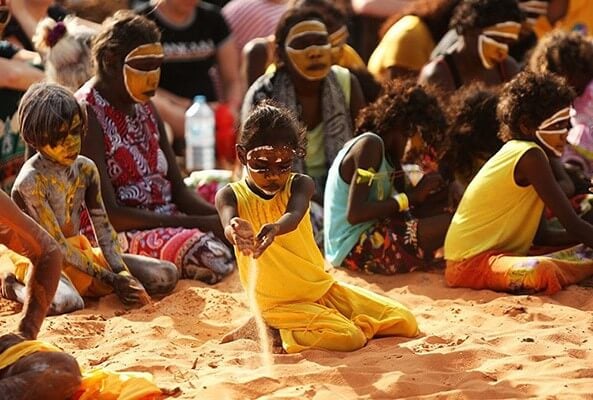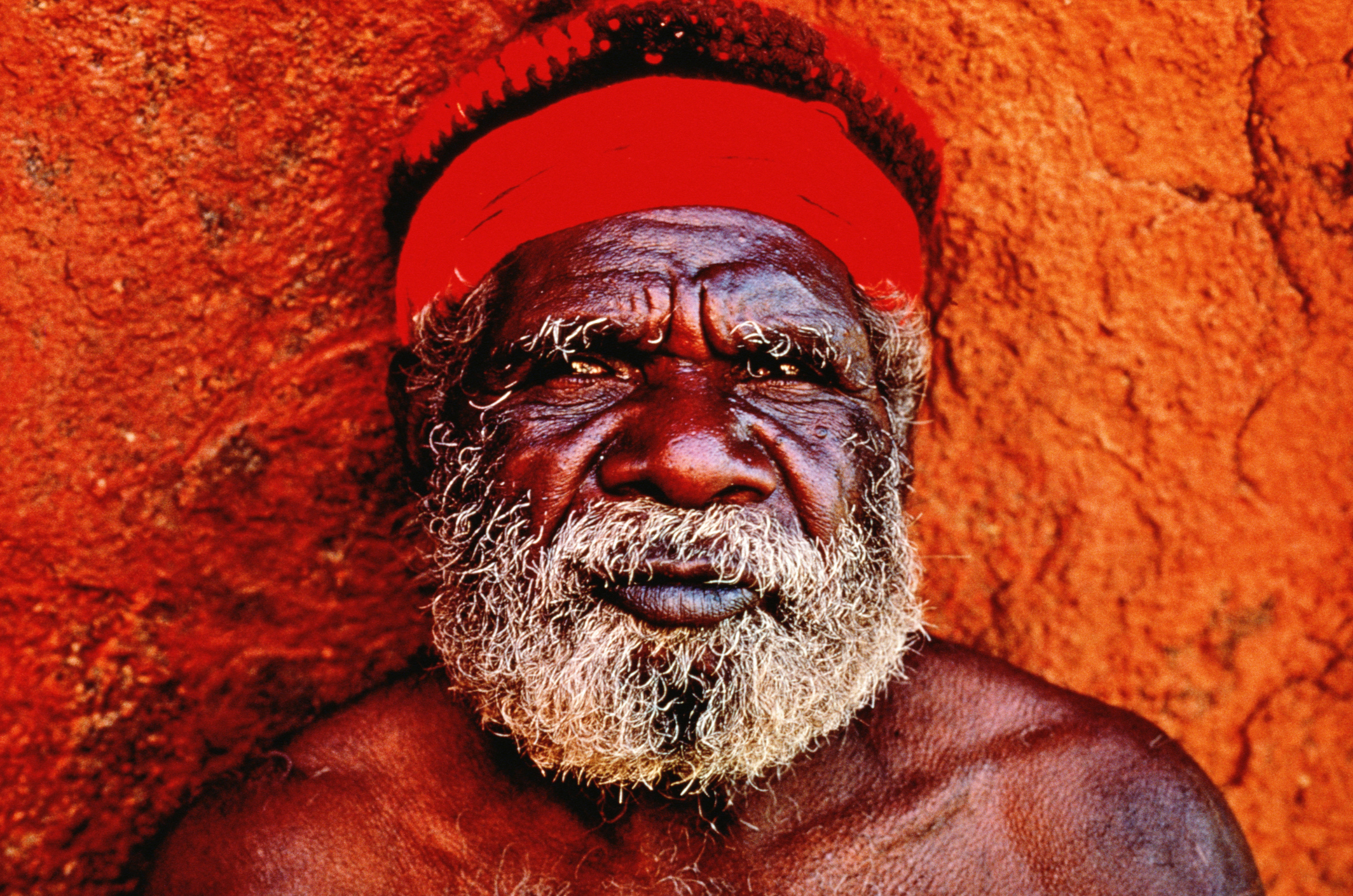Understanding the Meaning of "Aboriginal Person": A Deep Dive into Indigenous Identities and Cultures
Understanding the Meaning of "Aboriginal Person": A Deep Dive into Indigenous Identities and Cultures

The term "Aboriginal person" is a broad and complex one, encompassing a diverse range of Indigenous peoples across the globe. While often used as a blanket term, it’s crucial to understand the nuances and specificities within this diverse group. This article aims to shed light on the meaning of "Aboriginal person," exploring its historical context, cultural variations, and the importance of respectful terminology and understanding.
A Global Perspective: Understanding the "Aboriginal" Concept
Related Articles: Understanding the Meaning of "Aboriginal Person": A Deep Dive into Indigenous Identities and Cultures
- The Differencebetween Aboriginal Communities And Indigenous CommunitiesTitle
- Unveiling The Secrets Of The Australian Dreamtime: A Journey Through Symbolic Landscapes
- Do People Still Believe In Dreamtime? Exploring The Enduring Power Of Aboriginal Spirituality
- The Dreamtime: Where Aboriginal Culture Finds Its Roots
- The Lingua Franca Of The Land Down Under: Unveiling The Official Language Of Australia
The term "Aboriginal" originates from the Latin word "ab origine," meaning "from the beginning." It is used to describe people who are the original inhabitants of a particular land, predating any colonial or foreign influence. This definition applies to Indigenous populations worldwide, each with their unique history, culture, and language.
The Australian Context: A Specific and Significant Meaning
In Australia, the term "Aboriginal" holds a specific and deeply significant meaning. It refers to the Indigenous peoples who have inhabited the Australian continent for over 65,000 years. They are the oldest continuous cultures on Earth, with a rich tapestry of languages, traditions, and spiritual beliefs.
It’s important to note that "Aboriginal" in Australia is not a singular entity but encompasses diverse communities with distinct identities and cultural practices. The term is often used alongside "Torres Strait Islander" to acknowledge the unique cultural heritage of the people from the Torres Strait Islands, located between Australia and Papua New Guinea.
Beyond the Term: Embracing Diversity and Respect
While "Aboriginal" and "Indigenous" are often used interchangeably, it’s essential to recognize the differences in their meaning and usage. "Indigenous" is a broader term that encompasses all original peoples of a particular region, regardless of their specific history or cultural practices.
However, it’s crucial to remember that using these terms as labels can be reductive. Each Indigenous community has its own distinct identity and cultural heritage, and it’s vital to acknowledge and respect this diversity.
The Importance of Terminology and Representation

Using respectful and accurate terminology is crucial when discussing Indigenous peoples. Avoid using outdated or offensive terms like "native," "primitive," or "tribal," as these perpetuate stereotypes and undermine the rich cultural heritage of Indigenous communities.
Instead, prioritize using self-identified terms and names provided by the Indigenous community themselves. This demonstrates respect and sensitivity towards their cultural identity and self-determination.
Cultural Significance and Connections to Land
For Aboriginal peoples worldwide, their connection to land is not just geographical but deeply spiritual and cultural. Land is not simply a resource to be exploited but a living entity, imbued with ancestral spirits, stories, and knowledge. This connection is fundamental to their identity, worldview, and cultural practices.
The Impact of Colonization and Ongoing Challenges

Colonialism has had a profound and lasting impact on Indigenous peoples globally, leading to displacement, dispossession, cultural suppression, and systemic discrimination. These historical injustices continue to affect Indigenous communities today, creating challenges related to health, education, housing, and economic opportunities.
Reconciliation and Moving Forward
Reconciliation is a vital process for addressing the historical wrongs and ongoing injustices faced by Indigenous peoples. It involves acknowledging the past, fostering understanding, and working towards a more just and equitable future. This requires genuine engagement with Indigenous communities, listening to their perspectives, and supporting their self-determination.
Celebrating Indigenous Cultures and Contributions
It’s essential to celebrate the vibrant and diverse cultures of Indigenous peoples around the world. Their art, music, language, and traditions contribute significantly to the richness and diversity of human expression.

By acknowledging and appreciating these contributions, we can foster a greater understanding and appreciation of Indigenous cultures, promoting inclusivity and respect.
Conclusion: Embracing Understanding and Respect
Understanding the meaning of "Aboriginal person" requires acknowledging the diversity and complexity of Indigenous identities and cultures. It’s crucial to use respectful terminology, recognize the historical injustices faced by Indigenous communities, and support their self-determination and cultural preservation.
By embracing understanding and respect, we can contribute to a more inclusive and equitable future for all.
FAQ: Understanding the Meaning of "Aboriginal Person"
1. What does the term "Aboriginal" mean?
The term "Aboriginal" refers to the original inhabitants of a particular land, predating any colonial or foreign influence. It is used to describe Indigenous peoples worldwide.
2. What is the difference between "Aboriginal" and "Indigenous"?
"Indigenous" is a broader term encompassing all original peoples of a region, while "Aboriginal" specifically refers to the original inhabitants of a land, often with a focus on their pre-colonial history and cultural practices.
3. Why is it important to use respectful terminology when discussing Indigenous peoples?
Using respectful terminology acknowledges the diversity and cultural heritage of Indigenous communities, avoiding stereotypes and promoting understanding and inclusivity.
4. How can I learn more about Aboriginal cultures and histories?
Engage with Indigenous-led organizations, read books and articles written by Indigenous authors, attend cultural events, and participate in community outreach programs.
5. What can I do to support Indigenous communities?
Support Indigenous-owned businesses, advocate for policies that promote Indigenous rights and self-determination, and engage in dialogue and education to raise awareness about Indigenous issues.

Closure
Thus, we hope this article has provided valuable insights into Understanding the Meaning of "Aboriginal Person": A Deep Dive into Indigenous Identities and Cultures. We appreciate your attention to our article. See you in our next article!